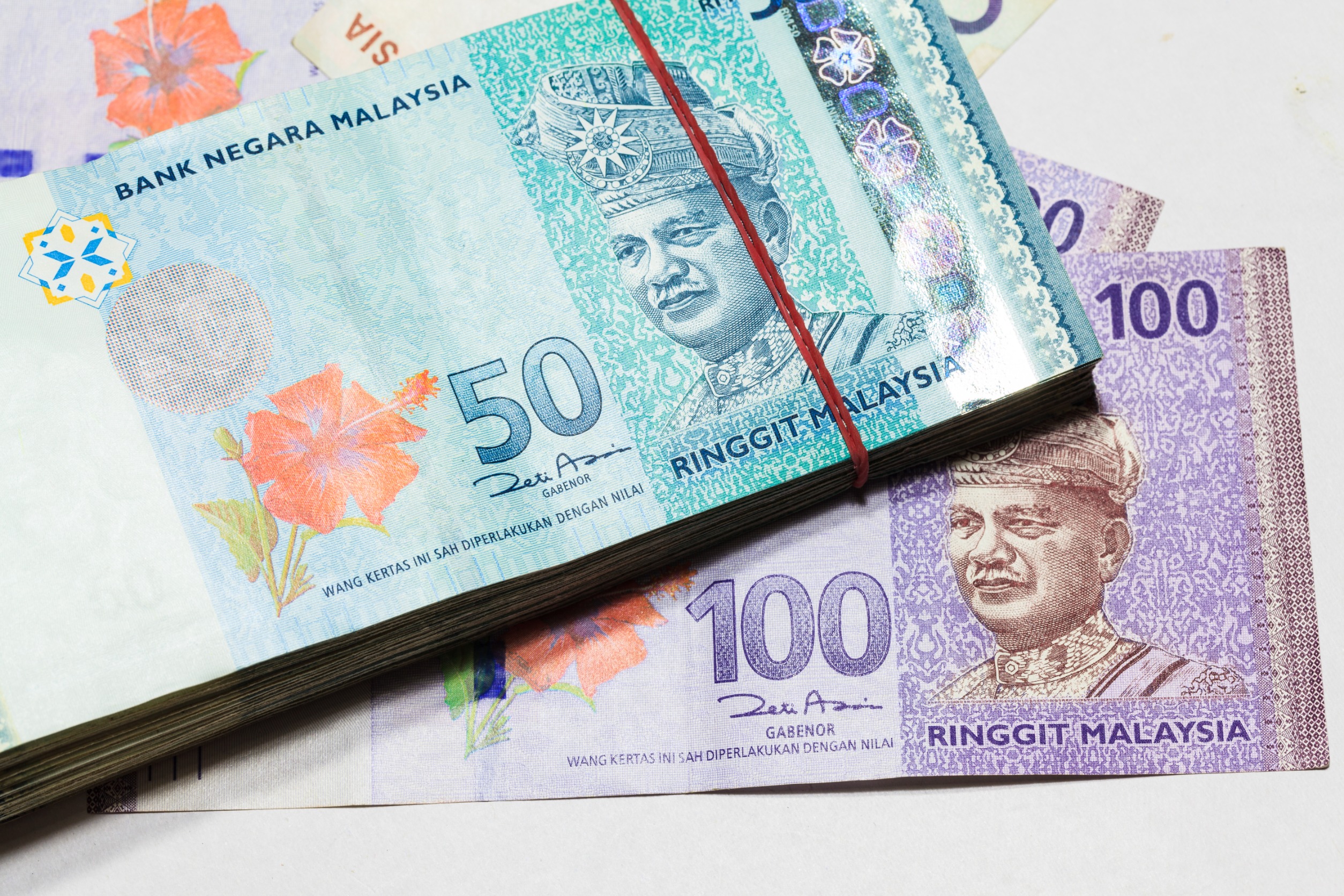Why Malaysia is adopting a progressive wage policy
- Champa Ha

While wage determination in Malaysia had been subject to market forces in the past, Rafizi Ramli, Malaysia’s Economy Minister, has explained that this was no longer acceptable.
According to Rafizi, the median monthly wage of RM2,600 (USD $ 549.97) for formal sector employees was only slightly above the poverty line, while half of all employees in Malaysia are earning only slightly more than the minimum wage set of RM 1,500 (USD $317.29)
The poverty line in Malaysia is currently set at RM 2,208 (USD $467.05), with households deemed very poor if their monthly income is less than RM 1,169. (USD $247.28).
The Economic Minister stated this as the reason why the Malaysian government’s “biggest risk” and priority has been to talk about wages. With persistent calls to raise the minimum wage in Malaysia, Rafizi said that the government’s commitment to the progressive wage policy implementation, expected to roll out next April or May, was in response to helping employees.
“We designed it so that it rewards rather than penalises employers and it keeps a close eye on the productivity growth of workers, which is a condition for this policy,” he said. “My main objective in the near future is to usher in much better and equitable labour market dynamics so that companies are forced to pay better to get better talents.”
READ MORE: Stay employable by learning digital skills, employees in Malaysia told
This August, Prime Minister Anwar Ibrahim said the government’s proposed progressive wage policy would be voluntary, incentive-based, and productivity-linked and added that the matter would be brought to the Cabinet for further deliberation on its gradual implementation and the funds needed for incentives following engagements with stakeholders.
Rafizi had previously said employers had reacted positively to the government’s progressive wage policy, reported Free Malaysia Today.






